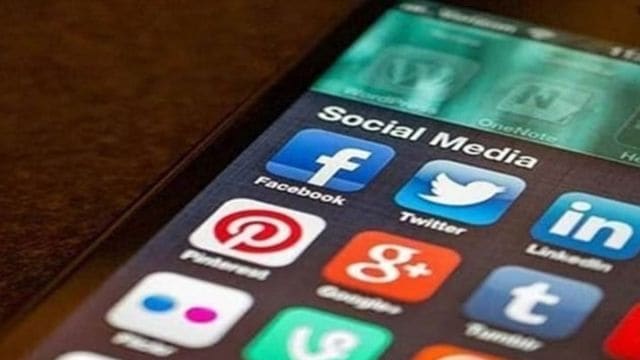
Written by Sansara Nagpal
Social media increasingly governs every sphere of our lives: It shapes public discourse and helps people see the world differently. This is why it is crucial to critically examine how social media affects the public perception of minorities, informing the treatment meted out to them.
For a time, social media was touted as a promising digital medium for facilitating empowerment, by giving space to voices that have historically been marginalised, thereby allowing vulnerable sections of society to advocate for their rights, share their stories, and build tight-knit communities. This is evident in how social media has provided a much-needed boost to feminist movements like #MeToo and #TimesUp, so much so that feminists are keen to explore how social media played a role in the unfolding of the fourth wave of feminism by aiding in the formation of online network.
It allowed women to control their narratives and consequently challenge oppressive patriarchal ideologies and misogynistic attitudes. Womanhood, therefore, is no longer widely upheld as being about docility and meekness.
However, despite this emancipatory potential, there is a dark side to social media as well. The same platforms that have allowed for the democratisation of voices function on the basis of algorithms that reinforce misogynistic ideals. Social media serves to objectify women, while also imposing on them the harmful burden of conforming to unrealistic beauty standards. Such archetypes distort the self-perception of women and normalise sexist norms.
Constant exposure to such regressive narratives on social media, then, pushes women into developing feelings of inadequacy and dysmorphia. Even as narratives of success are meant to signal empowerment for women, driving them to hustle harder and realise their dreams, they can often induce feelings of guilt and failure in other women. This is because social media posts often gloss over hardships and focus exclusively on triumphs. Futile comparisons of oneself with picture-perfect lives mark the end of meaningful discussions about success and the kind of work required to become successful. It is precisely this tussle between empowerment and vulnerability that captures how social media has shaped ideas about gender.
What do we then do? How do we navigate this increasingly convoluted digital matrix? The best strategy is to begin cultivating digital literacy, which requires developing awareness about how social media algorithms work, in addition to helping people critically engage with the content they consume on social media, instead of passively imbibing it. Only when we begin to question portrayals of gendered archetypes on social media can we question the norms that they set and move towards mitigating gender inequality. Given the tremendous impacts that such norms have on women, particularly, it is incumbent upon us all to actively strive to make social media a safer and more equitable place.
Girlhood and womanhood are extremely unique experiences and require more nuanced consideration. This is why we need to help women, specifically teenage girls, because of how impressionable they are, to understand how their actions and choices are influenced by social media. We do not need more senseless conformity in the world. What we do need is to help women thrive by helping them nurture resilient identities that enable them to be true to themselves. This is what true empowerment means.
The writer is a Class 12 student



